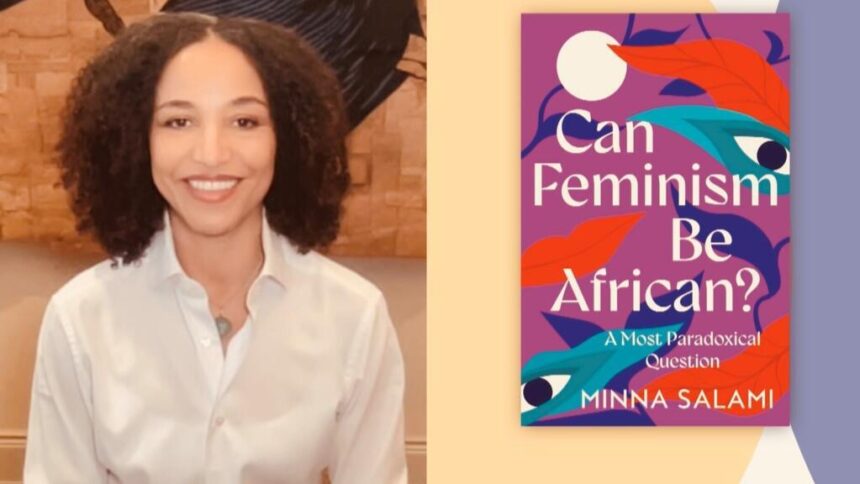Women’s rights in Africa have long been a topic of discussion, with many women on the continent facing challenges such as unpaid care work, low-paying jobs, and lack of social protection. In addition, they often suffer from various forms of violence, including female genital mutilation, child marriage, and physical abuse. Despite these obstacles, women in Africa are the backbone of their families and communities.
One of the key issues facing women in Africa is the lack of support for feminist movements. Many conservative male leaders in the region dismiss feminism as a Western import, making it difficult for women to advocate for their rights. However, feminist movements are essential for addressing the systemic inequalities that women face.
In a recent interview with Minna Salami, the author of ‘Can Feminism be African?’, the importance of feminism in the African context was discussed. Salami highlighted the need for a feminist movement that is rooted in African culture and traditions, while also addressing the unique challenges faced by African women.
Another pressing issue in Africa is the strict abortion laws in countries like Togo, which force many women to seek illegal terminations, putting their lives at risk. This lack of access to safe and legal abortion services is a major barrier to women’s reproductive rights and health.
In Kenya, teenage girls in refugee camps are learning self-defence techniques to protect themselves from gender-based violence. In an environment where women and girls are particularly vulnerable, these self-defence classes are crucial for empowering young women to defend themselves and stand up against violence.
Overall, women’s rights in Africa are a complex and multifaceted issue that requires a holistic approach. By addressing issues such as unpaid care work, violence against women, and lack of reproductive rights, we can work towards a more equal and just society for women in Africa.








